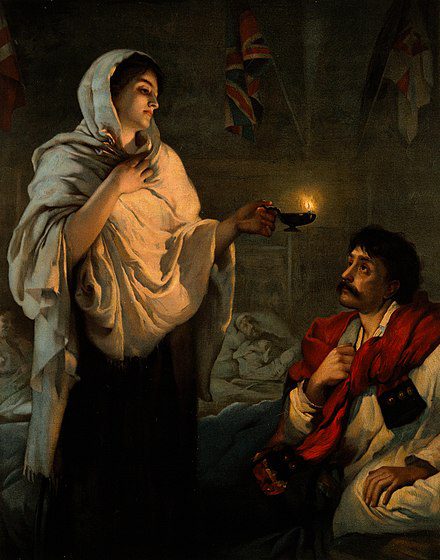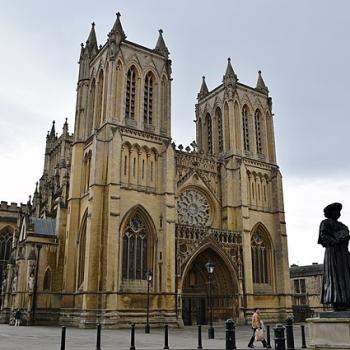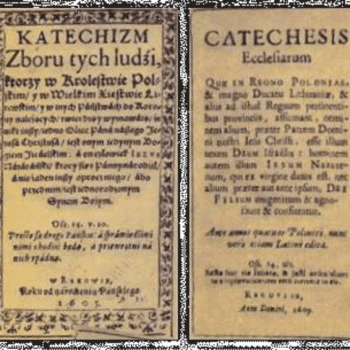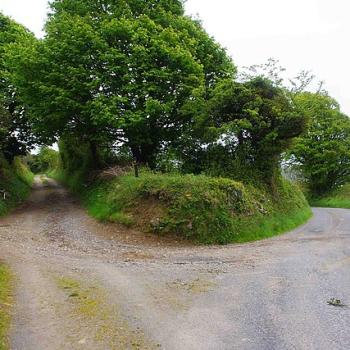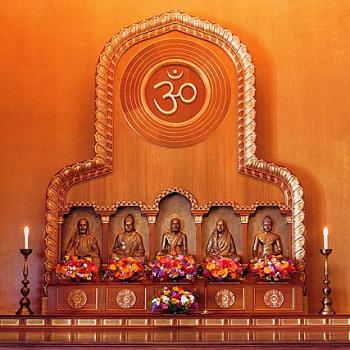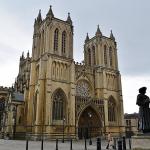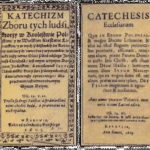Florence Nightingale died on this day, the 13th of August in 1910.
She was born on the 12th of May, 1820, into a wealthy English Unitarian family, in Florence and was named for the city of her birth.
Florence was raised among the Unitarian intellectual elites, counting among her life long friends James and more importantly his sister Harriet Martineau and Elizabeth Blackwell who would become the first woman medical doctor recognized in England. She was educated at home by her father, becoming proficient in languages, the classics, mathematics, and the sciences.
At seventeen she had a spiritual experience that would prove to be life-changing. “God called me in the morning and asked me would I do good for him alone without reputation.” She responded with an earth shattering yes.
Julia Ward Howe and her at the time rather more famous husband Dr Samuel Gridley Howe, among the most prominent North American Unitarians were visiting the Nightingales. Young Florence asked them “Do you think it unsuitable and unbecoming for a young Englishwoman to devote herself to works of charity in hospitals and elsewhere as Catholic sisters do? Do you think it would be a dreadful thing?” Dr Howe responded how that would be unusual, and “whatever is unusual in England is thought unsuitable.” He then said, “Act on your inspiration.”
She prepared herself for her work by training at the Institution of Lutheran Deaconesses in Kaiserwerth, Germany. Later she continued her training with Catholic nursing sisters in Paris, even wearing a postulant’s habit. Then she was appointed superintendent of the Institution for the Care of Sick Gentlewomen in Distressed Circumstances. During a cholera breakout she joined in the direct hands-on nursing.
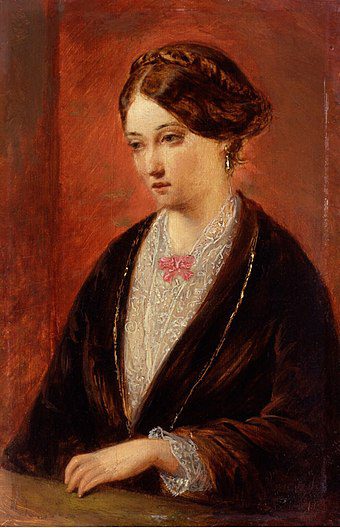 Florence became famous during the Crimean war taking up the task of superintendent of the Female Nursing Establishment of the English General Hospitals in Turkey. She recruited ten Catholic nuns and six Anglican nuns as the core of her team. Then reached out for the best she could find, creating a company of just shy of forty nurses.
Florence became famous during the Crimean war taking up the task of superintendent of the Female Nursing Establishment of the English General Hospitals in Turkey. She recruited ten Catholic nuns and six Anglican nuns as the core of her team. Then reached out for the best she could find, creating a company of just shy of forty nurses.
Appalled at the unsanitary conditions, nearly three quarters of the wounded who arrived in hospitals died, Nightingale brought the best of Nineteenth century medical practices to the care of the wounded. Simply by applying rigorous sanitary standards the death rate dropped by 99% in the first year. Using statistical analysis she called the government to take on major reforms that changed medical practices throughout the British military. After her the mortality rate among those who made it to a military hospital dropped from forty two percent to two percent.
Her habit of visiting the wounded at night carrying a lamp was captured in a portrait published in the Illustrated London News in 1855, and she was catapulted into the English imagination as “The Lady of the Lamp.” As Longfellow would sing:
Lo! in that hour of misery
A lady with a lamp I see
Pass through the glimmering gloom,
And flit from room to room.
While raised Unitarian she flirted with Catholicism before entering the Anglican church. There she found a home within its most liberal wing. She embraced the best of intellectual engagement with the tradition including the critical examination of scriptures and taking her to a broad universalist mysticism.
One might say of Florence Nightingale that she was an engaged mystic. The historian of Christian mysticism Evelyn Underhill said of Nightingale that she was “one of the greatest and most balanced contemplatives of the nineteenth century.”
Nightingale wrote how “Heaven is neither a place nor a time. There might be a Heaven not only here but now. Where shall I find God? In myself. That is the true mystical doctrine.” She also wrote a definition of mysticism: “to dwell on the unseen, to withdraw ourselves from the things of sense into communion with God – to endeavour to partake of the divine nature; that is, of Holiness.” She elaborated on this “For what is mysticism? Is it not the attempt to draw near to God, not by rites or ceremonies but by inward disposition? Is (mysticism) not merely a hard word for ‘the kingdom of Heaven is within?”
Or, my favorite.
“I must strive to see only God in my friends, and God in my cats.”
Today is celebrated as a feast among many Anglican churches. As it should be…


